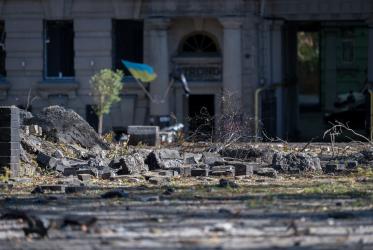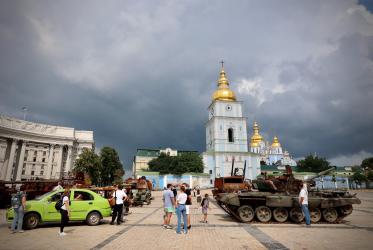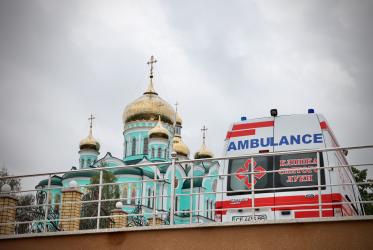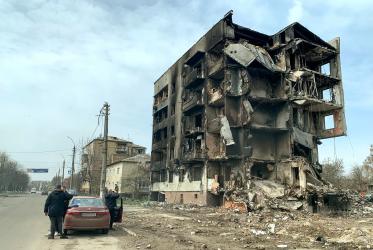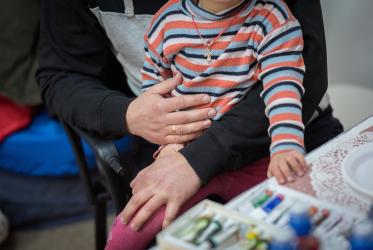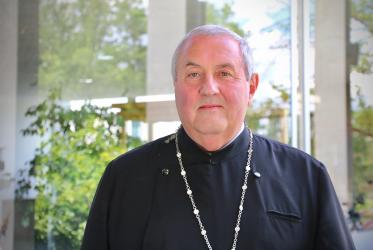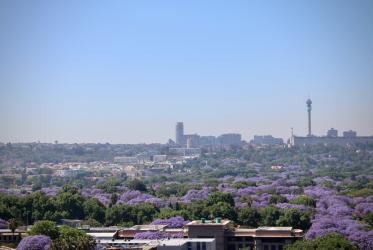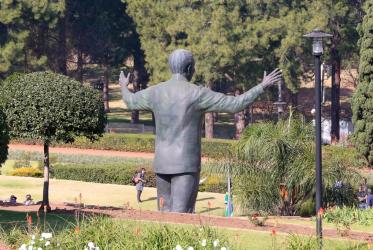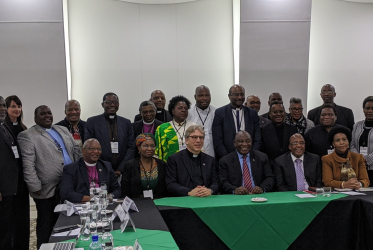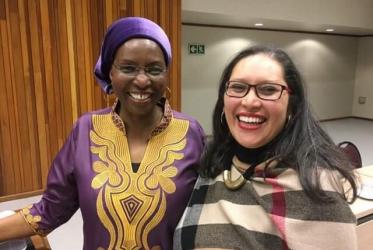Displaying 1 - 20 of 35
WCC denounces continuing attacks on civilians in Ukraine
16 January 2023
Ukraine: Responding to humanitarian need
08 September 2022
Monastery in Ukraine responds to the consequences of war
09 August 2022
WCC calls for an immediate end to the current armed hostilities
24 February 2022
WCC delegation meets with South African President Ramaphosa
09 December 2019
Churches in southern Africa stand against violence, xenophobia
10 October 2019
“Love will find a way”
23 August 2018


